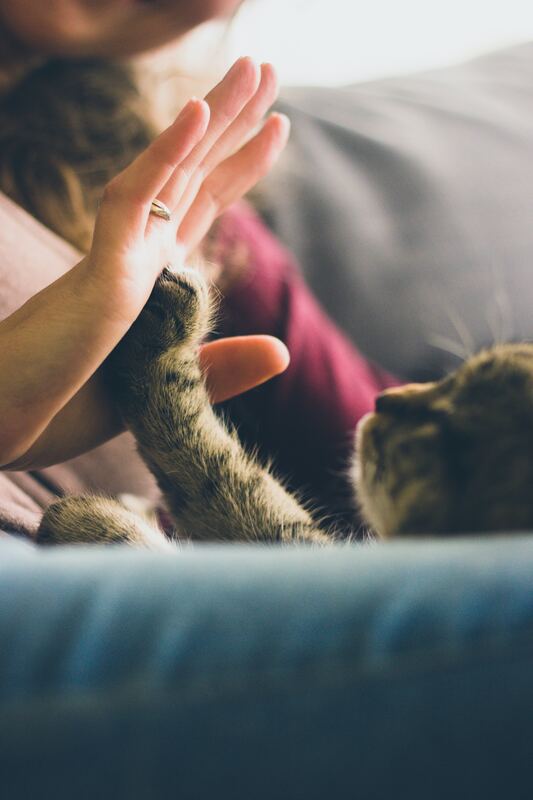Pet Poisoning
|
One of the most common poisons pets encounter are human medications. Hence, it is best to open those vials in a separate room with a closed door to avoid dropping one and your pet running over and ingesting it before you can get to it. Another issue is flavored medications for pets. Pets may smell them and try to chew through the pill vial, so they should always be kept out of reach.
Common poisons in pets include: • Various types of rat poisons • Automobile antifreeze • Snail bait • Grapes/raisins • Chocolate • Edibles laced with drugs • Xylitol - in gum, toothpaste or in food • Lilies • Also be careful with unattended plastic bags of food. Pets can suffocate trying to get to the last few crumbs. If poisons have been consumed, the best course of action is to call the ASPCA Pet Poison Hotline. Since their existence, knowledge on pet toxicities and their treatment has skyrocketed. For a small fee, you can find out how toxic the product your pet ingested given the size, age, and health of your pet, along with what action to take. They provide a detailed treatment protocol to be sent to the veterinarian and they provide follow up consultation until the case is resolved. |
ASPCA PET POISON HOTLINE
(888) 426-4435 (24hrs/day, 365 days a year) |

